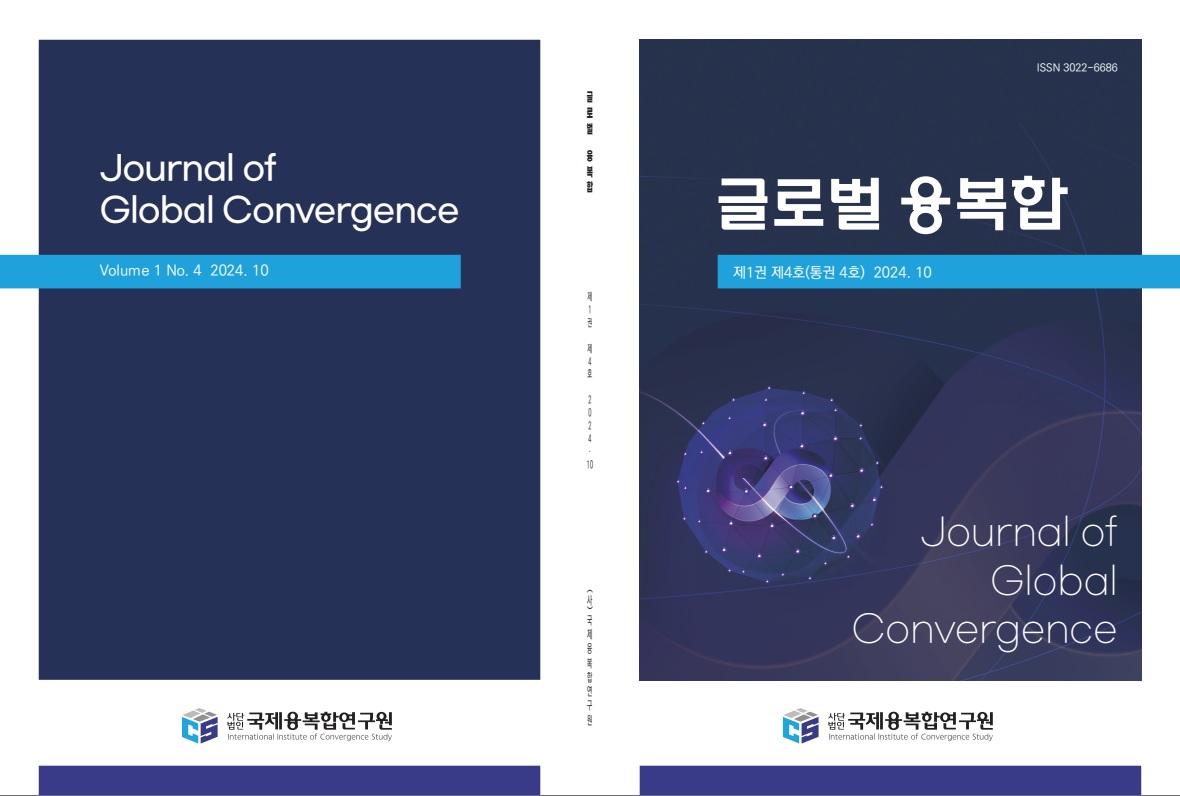세계 주요국의 고령 군인 활용 정책 비교 연구: 현황과 함의
A Comparative Study on Senior Soldier Utilization Policies in Major Armed Forces: Current Approaches and Policy Implications
저자
김기원, 차승희, 이준길
수록페이지
p.25-41 (17pages)
조회수
18
다운로드
3
- 창간연도
- 2024년 1월
- ISSN
- (Print)3022-6686 , (Online)3022-6651
- 수록권호
- 제2권 2호 (통권 6호)
- 발행일
- 2025.04
- 수록논문
- 29 articles
- 유형
- 학술저널
- 주제
- 사회과학, 자연과학, 예술체육학, 복합학
- 발행기간
- 2024.01 ~ 2025.04
- 발행주기
- 연 4회(계간)
- 총 권호 수
- 5 volumes
- 총 논문 수
- 76 articles

키워드
고령 군인, 병력 자원, 국방 정책, 정년 연장, 안보 환경Senior Soldiers, Military Manpower, Defense Policy, Retirement Extension, Security Environment
초록
고령화와 저출산으로 인해 병력 자원이 줄어드는 현실은 현대 각국 군대에 큰 도전으로 부상하 고 있다. 이에 대응하여 미국, 영국, 일본, 독일 등 주요국에서는 고령 인력을 새로운 병력 자원으로 적 극 활용하거나, 해당 인력의 복무 기간을 연장하여 숙련성과 전문성을 유지하려는 노력이 두드러지게 나타난다. 본 연구는 우크라이나, 미국, 영국, 일본, 독일 사례를 중심으로 고령 군인(시니어 솔저)의 모집・배치・복지・훈련 정책을 비교・분석하였다. 그 결과, 다수의 국가가 고령층 지원자를 확보하기 위 해 입대 연령 상한을 높이고, 숙련 간부의 정년을 연장하는 한편, 전투와 기술・지원 업무를 분리하여 고령 인력의 한계를 보완하는 전략을 병행하고 있음을 확인하였다. 아울러 전문분야에서는 민간 경력 과 중장년층의 노련함이 큰 강점으로 작용함을 보여주었다. 반면 체력적 한계와 세대 간 조직문화 통 합, 건강관리 비용 증가 등은 여전히 극복해야 할 주요 과제로 지목되었다. 본 연구의 결과는 저출산・ 고령화가 진행 중인 한국군에도 시사점을 제공하며, 향후 인력정책 수립 시 숙련 인력의 잠재적 기여 와 제도적 뒷받침 방안을 함께 고려할 필요성을 제언한다.As declining birth rates and population aging increasingly challenge the sustainability of military manpower, many countries have begun exploring strategies to leverage senior soldiers as a viable supplement or extension to traditional recruitment. This study conducts a comparative analysis of the policies and practices involving senior personnel in Ukraine, the United States, the United Kingdom, Japan, and Germany, focusing on recruitment, placement, welfare, and training. The findings illustrate that these nations have adopted multiple measures—such as raising upper age limits for enlistment, extending mandatory retirement ages, and differentiating operational roles between frontline and technical or support tasks—to address the constraints associated with an aging workforce. In specialized fields, mid-career or older professionals contribute significantly due to their expertise and long-standing experience. Yet, challenges persist in terms of managing the physical limitations of older personnel, ensuring organizational cohesion across age groups, and covering increased healthcare costs. The policy implications drawn from this analysis may be particularly relevant for countries like South Korea, where demographic shifts are prompting a re-evaluation of military manpower strategies and the incorporation of senior soldiers as a potential resource.
 (사)국제융복합연구원
(사)국제융복합연구원